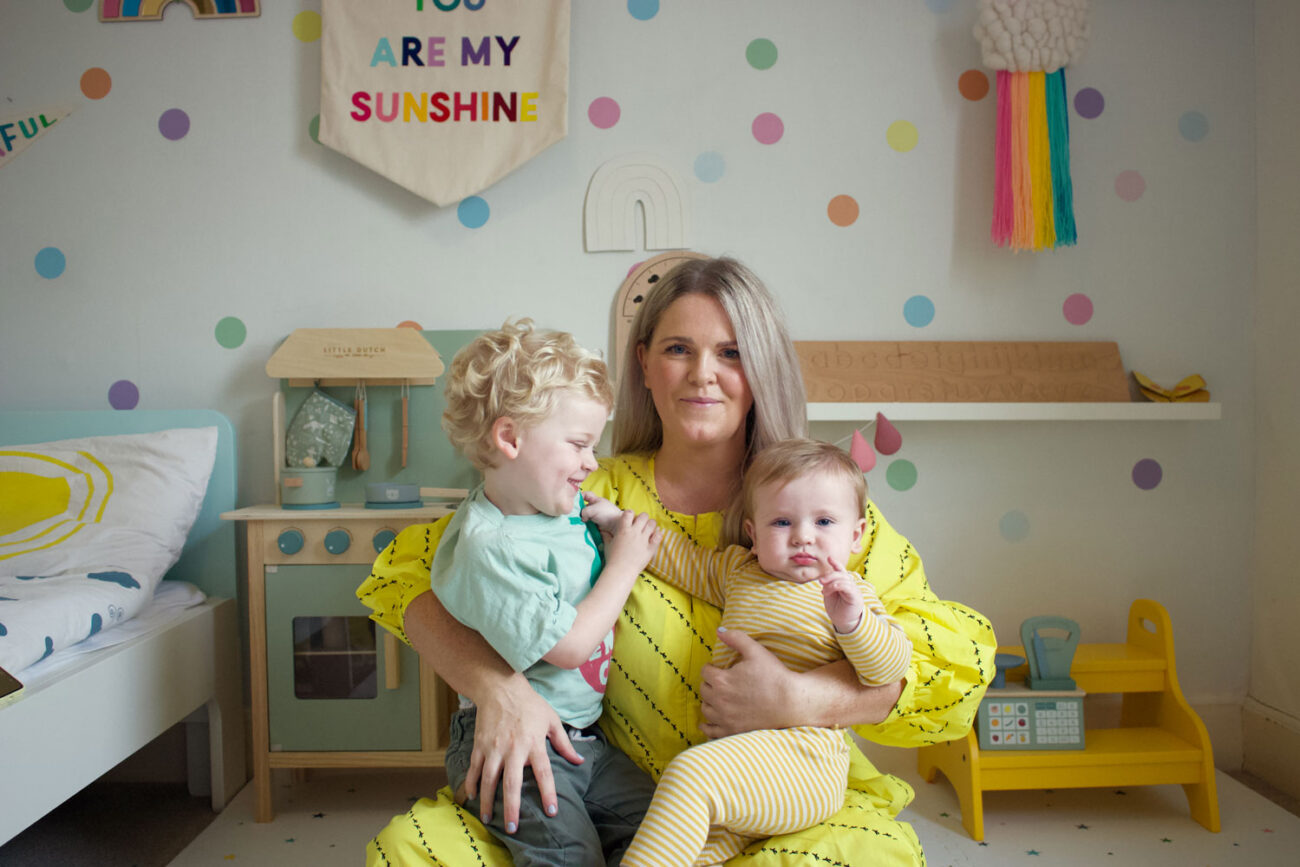Maternity leave is meant to be a time of bonding, recovery, and adjustment to your new life as a parent. But what happens when that precious time at home sparks an entrepreneurial flame? As someone who launched gus + beau while navigating sleepless nights and feeding schedules with my newborn son, I can tell you that starting a business during maternity leave is both incredibly challenging and surprisingly empowering.
The traditional narrative suggests we should use maternity leave to rest and bond with our babies. While this remains the priority, the reality is that modern maternity leave often provides a unique window of opportunity – perhaps the first extended break from traditional employment many of us have had since starting our careers. For some mothers, this time becomes a catalyst for pursuing long-held entrepreneurial dreams.
The Unexpected Advantages of Maternity Leave Entrepreneurship
Counter-intuitively, maternity leave can offer several advantages for budding entrepreneurs. Your priorities become laser-focused when you’re operating on minimal sleep and precious pockets of time. Every minute counts, forcing you to strip away non-essential tasks and concentrate on what truly matters for your business.
The intensity of new motherhood also heightens your problem-solving abilities. When you’re dealing with a crying baby at 3am, finding solutions becomes second nature. This translates beautifully into business, where creative problem-solving is essential for success. My business idea came from frustration – I couldn’t find a playmat that fitted with our home’s aesthetic. Instead of accepting the primary-coloured alphabet options available, I decided to create my own solution.
Being at home also means you’re intimately connected with your target market if you’re creating parent or baby-focused products. You’re living the customer experience daily, understanding pain points in real-time, and testing solutions organically within your own routine.
Managing the Mental Load
The mental juggle of new motherhood combined with business planning requires careful boundary-setting. Your primary job during maternity leave is recovery and bonding with your baby – everything else is secondary. This means accepting that business progress will be slower and more fragmented than if you were working traditional hours.
I learned to work in micro-sessions. While Gus napped, I might spend twenty minutes researching manufacturers. During his afternoon feeds, I’d scroll through design inspiration on my phone. These small increments added up over weeks and months, gradually building the foundation of what would become a successful business.
The key is managing expectations – both your own and others’. Communication is crucial. Explain to your support network that this creative outlet is beneficial for your mental health, but also be clear about your priorities.

Practical Strategies for Success
Start with thorough market research. Use your maternity leave time to really understand your potential customers and competitors. Join online parenting groups, attend baby classes, and observe the problems other parents face. This groundwork is invaluable and doesn’t require significant time blocks.
Leverage technology. Cloud-based tools mean you can work from anywhere – your nursing chair, the park bench during a pram walk, or the soft play centre while your toddler plays. Use voice notes to capture ideas when your hands aren’t free, and utilise scheduling tools for social media to maintain consistency without constant presence.
Build your network virtually. Online communities for parent entrepreneurs are incredibly supportive. Platforms like LinkedIn can help you connect with potential suppliers, mentors, and customers without leaving home. Many successful business relationships are built entirely digitally first.
Consider the financial implications carefully. Starting a business requires investment, and maternity leave often means reduced household income. Create a realistic budget that accounts for both business expenses and your family’s needs. Many successful businesses start small – you don’t need significant capital to test your concept.
Timing Your Launch
The timing of your business launch during or after maternity leave is crucial. Some mothers find the routine of having a business project helps structure their days and provides adult mental stimulation. Others prefer to wait until they’ve established feeding and sleeping routines with their baby.
I launched gus + beau when my son was a few months old, but the preparation had been ongoing throughout my leave. By the time we went live, I had developed the products, established supplier relationships, and built a social media following. This meant the actual launch felt manageable rather than overwhelming.
The Long-Term Perspective
Starting a business during maternity leave isn’t just about creating immediate income – it’s often about building something that will provide flexibility for your family’s future. The business you start while sleep-deprived and passionate might become the vehicle that allows you to attend school plays, work around childcare, and model entrepreneurship for your children.
However, it’s essential to be realistic about growth timelines. Building a sustainable business takes time under any circumstances, and doing it alongside caring for a baby means progress might be slower but potentially more thoughtful and sustainable.
When It’s Not Right for You
Starting a business during maternity leave isn’t suitable for everyone, and that’s perfectly okay. If you’re struggling with postnatal mental health, having a difficult recovery, or simply want to focus entirely on your baby, honour those needs. Your maternity leave should serve your family’s best interests, not external expectations or entrepreneurial pressure.
The opportunity for business creation will still exist when you return to work or when your children are older. There’s no universal timeline for entrepreneurial success.
Final Thoughts
Creating gus + beau during my maternity leave with Gus was one of the most challenging yet rewarding experiences of my life. It provided creative fulfilment during a period of significant life change and ultimately gave me the flexibility to be present for my child while building something meaningful.
In 2016, my first son Beau was devastatingly stillborn. Naming my business after him means I get to say his name every day. gus + beau is named after my first two sons, and this connection gives my work deeper purpose beyond profit and flexibility.
The key is approaching it with realistic expectations, strong support systems, and a clear understanding of your priorities. Your baby comes first, your recovery is essential, and your business idea can develop organically alongside your growing family.
For mothers considering this path, remember that success isn’t just measured in profit margins – it’s also found in the personal growth, creative satisfaction, and future flexibility that entrepreneurship can provide. Sometimes the best businesses are born from the beautiful chaos of new parenthood, when necessity truly becomes the mother of invention.
About the author
Liz Rawlinson founded gus + beau in 2019 while on maternity leave, creating beautifully designed puzzle playmats for modern homes. After 13 years in e-commerce with brands including Liberty, L’Oreal, notonthehighstreet and Anya Hindmarch, she now runs her business full-time from her home in Ashford, Kent, where she lives with her husband and two sons.
